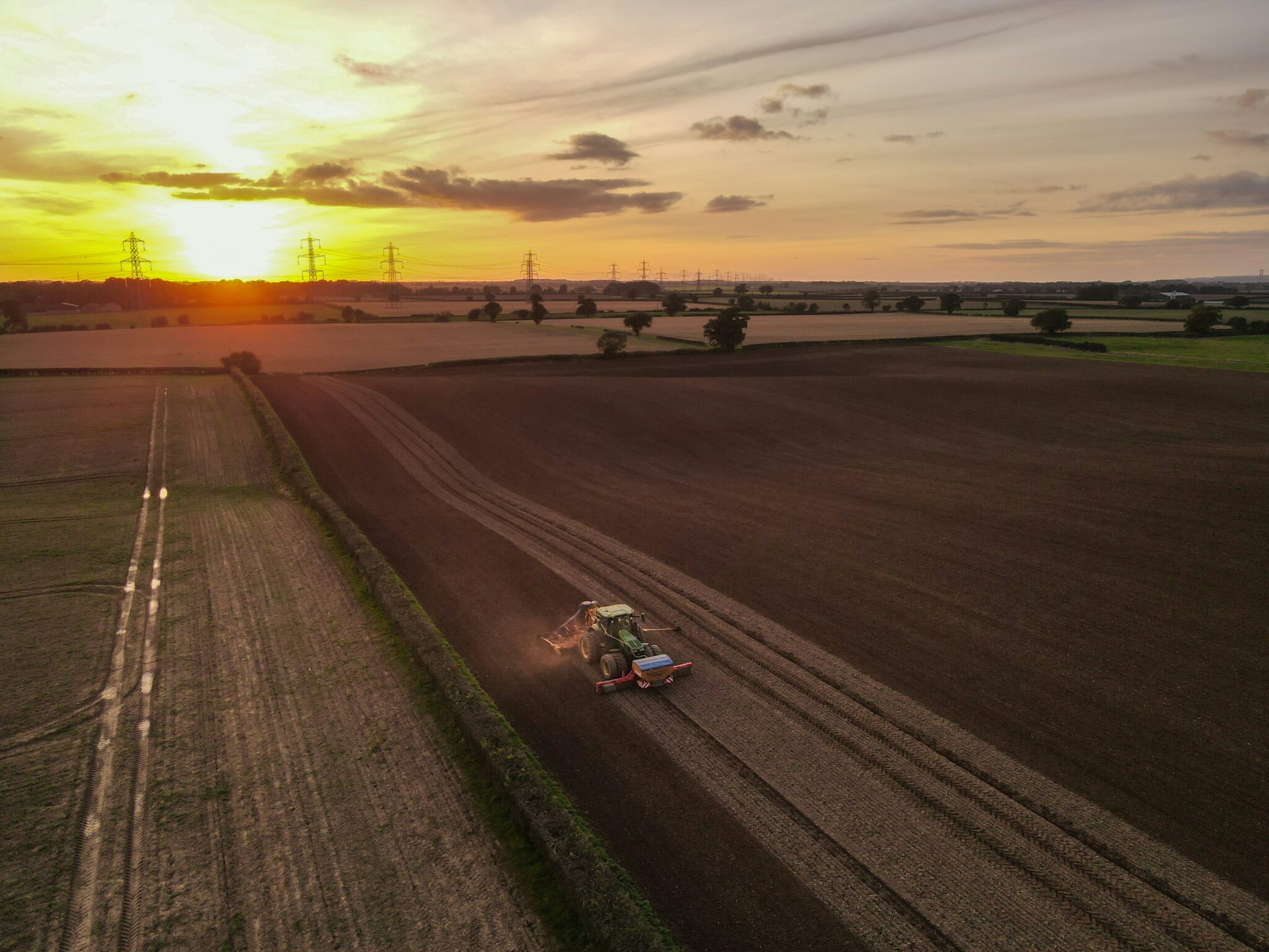Key Takeaways
- Barclays urges UK policymakers to establish a 25-year agriculture roadmap with Agritech at its core.
- The report identifies major barriers to Agritech adoption, including unclear ROI, high upfront costs, and lack of policy clarity.
- Farmers are optimistic but constrained by fragmented regulation, talent shortages, and financing challenges.
- Barclays recommends strengthening the UK Agri-Tech Centre and aligning financial support with sustainability goals.
- A disconnect between supply chain actors, farmers, and innovators is limiting systemic change in agriculture.
Barclays Agritech Report Highlights Urgent Policy Gaps
Barclays Agritech Report Emphasizes Strategic Government Role
Barclays has published its April 2025 report, Agritech: Supporting the Future of Farming, urging UK policymakers to accelerate innovation in the agricultural sector through targeted public policy and funding reforms. The report outlines how strategic deployment of agriculture technology (Agritech) can address national objectives including food security, emissions reduction, and biodiversity conservation.
The report is based on insights gathered from Barclays' agricultural clients, a national farming survey, and roundtables with UK Agritech companies supported by Barclays’ Eagle Labs initiative.
Barclays Agritech Report Underscores Barriers to Adoption
Financing, Skills, and Policy Clarity Among Top Concerns
While 60% of surveyed farmers expressed interest in adopting new technologies, Barclays’ Agritech Report found that unclear return on investment, upfront costs, and lack of knowledge are major barriers to adoption. Agritech firms echoed these concerns, pointing to a lack of seed-stage capital, investor hesitancy, and regulatory mismatches.
“Profitability is sustainability and sustainability is profitability,” said a founder featured in the report, reflecting a growing emphasis on linking environmental goals with financial outcomes.
Report Cites Ecosystem Disconnect
Fragmented Actors and Siloed Thinking Limit Innovation Impact
The report identifies a critical disconnect between farmers, Agritech developers, investors, and government. Farmers reported that solutions often felt designed without their needs in mind, while companies noted that regulatory frameworks are outdated and don’t reflect emerging technologies like insect protein or precision robotics.
“The government has already acknowledged the important role that Agritech can play in delivering both productivity gains and protecting the environment,” the report states. However, execution is lacking due to inconsistent support and poor alignment across the ecosystem.
Barclays Agritech Report Makes Three Core Policy Recommendations
Strategy, Ecosystem Coordination, and Funding Are Central
To address current barriers, Barclays recommends:
- Delivering a long-term strategy for UK agriculture, explicitly integrating Agritech into the government’s planned 25-year roadmap and national food strategy.
- Expanding the UK Agri-Tech Centre’s mandate, with farmer participation, skills training, and pilot programs to test innovation at scale.
- Ensuring targeted financial support via mechanisms like the Sustainable Farming Incentive (SFI), National Wealth Fund, and Innovate UK to lower adoption risks and showcase success stories.
“Confidence in government was low from both farmers and Agritech developers, driven in part by the lack of clarity and strategy,” the report concludes.


